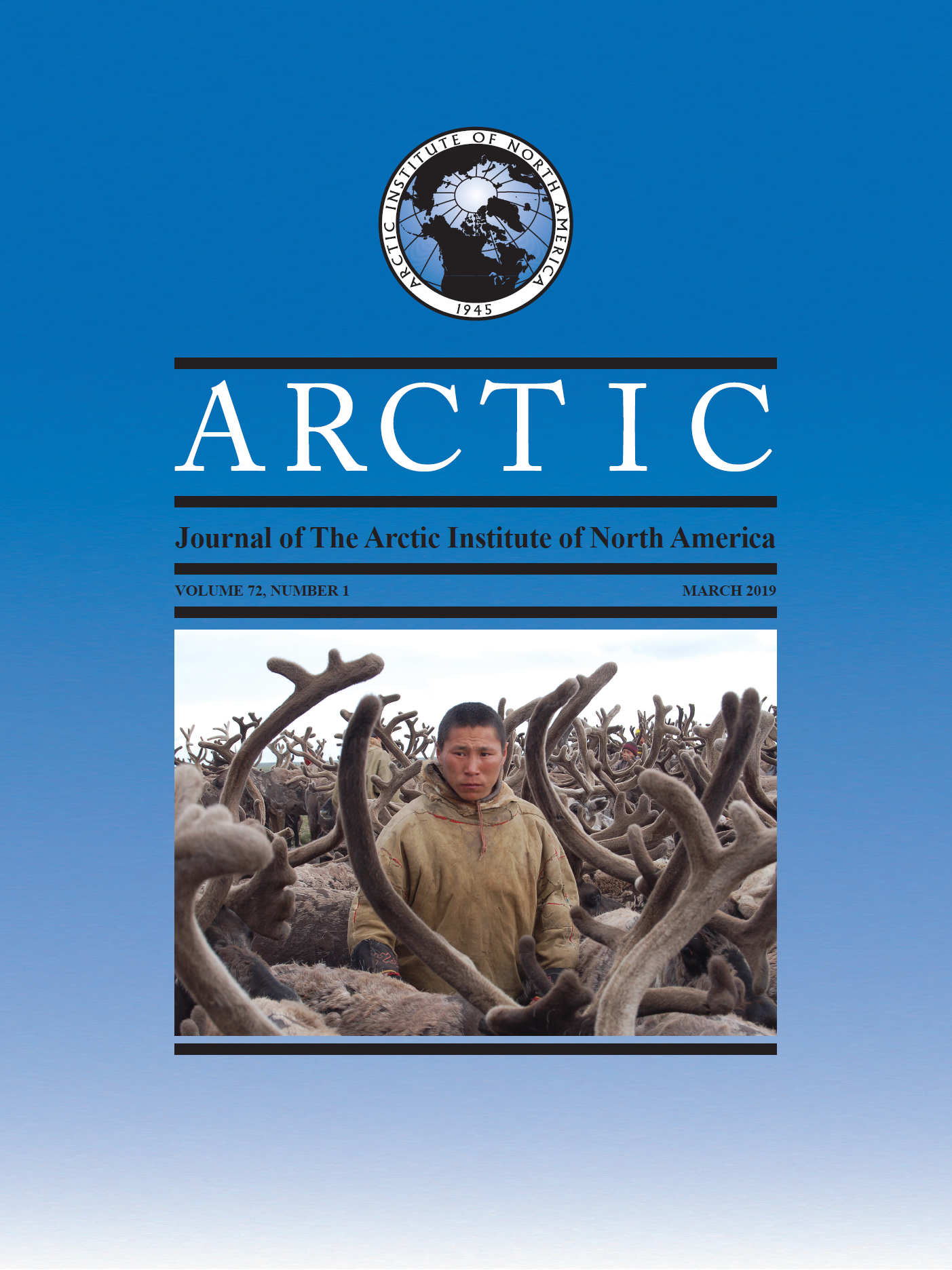Circumpolar Indigeneity in Canada, Russia, and the United States (Alaska): Do Differences Result in Representational Challenges for the Arctic Council?
DOI:
https://doi.org/10.14430/arctic67955Keywords:
Arctic Council, Indigenous peoples, representation, autonomy, Permanent Participants, indigeneity, Indigenous recognitionAbstract
This article investigates differences in circumpolar indigeneities in three major Arctic nations: Russia, Canada, and the United States (Alaska). Russia has different ways of recognizing indigeneity in law, and that definition of indigeneity excludes larger Indigenous groups of the Far North (Sakha, Komi), rather than seeing them as ethnic (titular) minorities. This study reveals that: 1) not all Indigenous peoples are represented in the Arctic Council; 2) there are historical explanations for this underrepresentation; 3) the Arctic Council should include more Indigenous groups as Permanent Participants. The equal representation of Indigenous organizations as Permanent Participants in the Arctic Council is important because all Indigenous groups in the Arctic should be heard.


